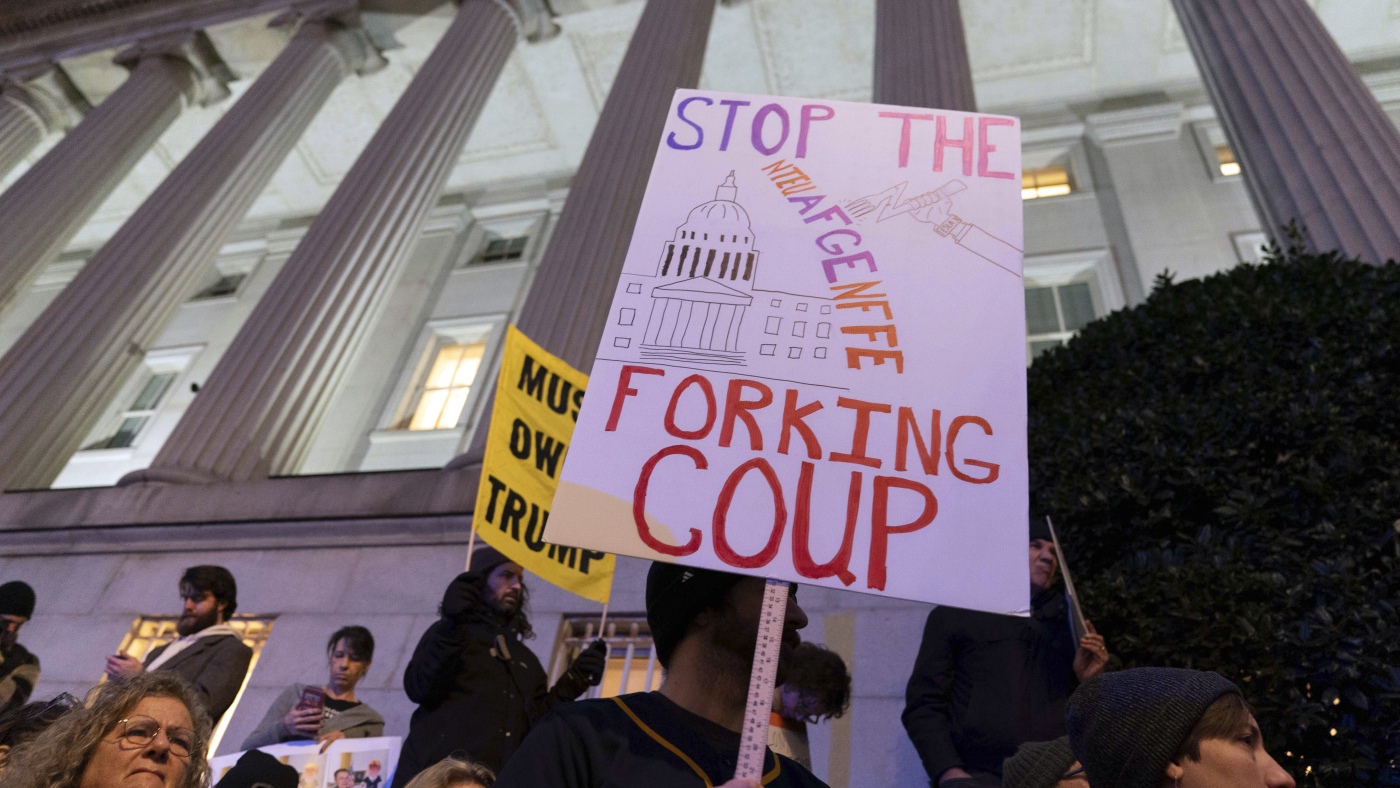Trump closed a China loophole. Shein and Temu were already prepared.
Shein and Temu shifted more of their orders to be fulfilled in the US ahead of de minimis changes.
Anthony Devlin/Getty Images for Shein
- Trump's executive order ending de minimis shipments hurts Shein and Temu.
- The companies have prepared for changes by fulfilling more orders locally in recent years.
- Experts say Shein and Temu's success relies on low prices, not de minimis shipments.
Shein and Temu won't meet an untimely end because of de minimis changes, e-commerce experts say.
The logistics world has been expecting changes to the de minimis exemption for a while, and both Chinese e-commerce players have made some changes to their fulfillment strategies that experts say could help cushion the blow.
Temu and Shein disrupted the e-commerce industry in part by avoiding paying duty on shipments through a provision of customs law called Section 321, also known as de minimis. These shipments came on planes directly from China and were able to make use of the Section 321 provision because they were valued at less than $800 each.
The executive order Trump issued on February 1 effectively closes that loophole for goods originating in China.
"This will certainly have an impact, but it's much smaller than people think," Alex Yancher, CEO of Passport, a startup that helps brands sell globally, told Business Insider.
Going local
Shein and Temu have mainly prepared for de minimis disruption by having more orders fulfilled in the US.
While the majority of its orders were still coming on planes from China, Shein started fulfilling more of them from US warehouses in 2022 and 2023, according to data from ImportGenius that Reuters reported. Shein opened its first US-based warehouse in Whitestown, Indiana, in 2022, and in 2024 it opened an office in Bellevue, Washington, to serve as a hub for its US fulfillment and logistics operations.
Temu also began allowing US-based vendors to sell on its marketplace in 2024. This newer model allowed sellers with warehouses in the US to handle fulfillment and logistics themselves, creating orders that would not need to cross borders before making their way to customers.
Products from those vendors are designated with a "local" badge on their listing page and in search results.
It's not 'RIP Temu and RIP Shein,' experts say
Fulfilling orders locally in the US is a departure from how Shein and Temu started out. But e-commerce experts say it doesn't disrupt the main drivers of their success: ultra-low prices and very trendy items.
Shein, in particular, has a unique model in which it partners directly with manufacturers to create small batches of only the most in-demand items. That model has allowed it to test consumer appetite and turn around clothing designs in a matter of weeks.
Shein's manufacturing model is at the core of what has made the company successful, not its reliance on de minimis shipments, said Kirthi Kalyanam, a professor and executive director of the Retail Management Institute at the Leavey School of Business at Santa Clara University.
"Now that de minimis shipping has been at least tightened up or turned off, I expect whatever price advantage they have due to the de minimis shipping to disappear," Kalyanam said. "But that doesn't mean that their other capabilities are going to go away."
Juozas Kaziukėnas, the founder and CEO of e-commerce intelligence firm Marketplace Pulse, echoed that sentiment: "I keep seeing 'RIP Temu and RIP Shein' everywhere because of de minimis changes, but while de minimis helped Temu and Shein to get here, it disappearing won't be the end of either."
Representatives for Shein and Temu did not return BI's requests for comment. Both companies have previously said that they do not rely on de minimis to grow their business.
Still, customers could see higher prices and longer shipping times.
"De minimis clearance was very simple — almost an electronic data exchange that theoretically costs between five and 10 cents per shipment," Derek Lossing, founder of supply chain advisory firm Cirrus Global Advisors, said. "With a more formal clearance now required, that will add friction to the process, and cost."
US Customs and Border Protection said in a January press release that de minimis shipments increased by more than 600% between 2015 and 2023, going from 139 million a year to more than 1 billion. More than 1.36 billion shipments were sent via de minimis in 2024, according to CBP.
While the logistics world has been expecting change for some time, many were surprised by the speed with which it went into effect. In lieu of several months to adjust their supply chain operations to comply with any potential policy changes, they had days.
The global trade situation continues to evolve quickly. The tariffs on goods from Canada and Mexico have been put on pause, while those on Chinese-made goods have gone ahead. On Tuesday evening, the United States Postal Service said it would no longer accept parcels from China and Hong Kong "until further notice." By Wednesday morning, the USPS had reversed course.
"The USPS and Customs and Border Protection are working closely together to implement an efficient collection mechanism for the new China tariffs to ensure the least disruption to package delivery," reads a notice on USPS' website.
Do you have a story to share? Contact this reporter at mstone@businessinsider.com, mlstone@protonmail.com, or on Signal at @mlstone.04.












































































